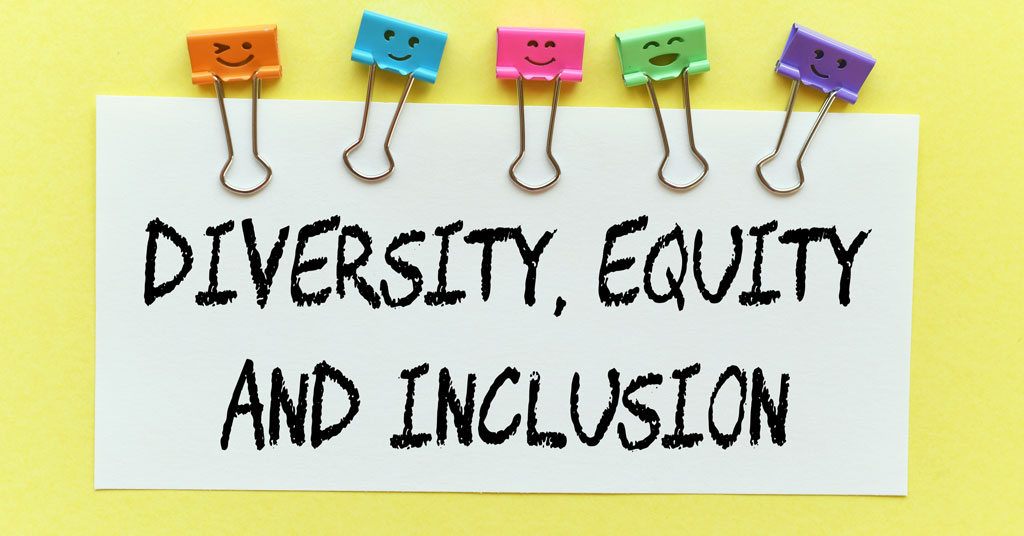|
By: Kerry Pipes | 318 Reads | |

There is an association between the impact of diversity, equity, and inclusion (DEI) strategies and the job satisfaction of foodservice workers. What’s more, there is a difference between a company’s perceptions of its DEI effectiveness and its employees’ actual experiences. It’s all included in a new report by the National Restaurant Association.
When asked about the current profile of diversity in the foodservice industry, individuals typically reported differently than the enterprise. That says businesses may perceive an environment of diversity that is different than what is experienced by employees. If left unchecked, this has the potential to minimize the experience of historically marginalized communities; limit an organization’s ability to recognize the need for a more diverse workforce and change recruiting policies accordingly; and create an environment for turnover. Key findings include:
- Enterprise-level reporting of gender demographics is different than individual employee reporting. Enterprises underreport the percentage of female employees and overreport the representation of non-binary/non-conforming employees compared with how employees self-report (55% of individuals identify as female, enterprises report 35%; 1% of individuals identify as non-binary/non-conforming, enterprises report 18%).
- A greater percentage of individual employees self-identify as Hispanic, Black/African American, and other races than enterprises report.
- Enterprises reported a higher representation of people with disabilities than individuals indicated; 16% of individual employees self-reported having a disability, while enterprises report 34%.
Enterprises generally believe they have created work environments that support DEI, yet awareness of those policies is often weak among current employees, and even more so among former employees. This can lead employees to believe that DEI is not a strategic priority, which can ultimately lead to a lack of job satisfaction and higher turnover. Key findings include:
- 92% of enterprises report having dedicated DEI initiatives, however there is limited awareness of those policies among employees. For example, 78% of enterprises reported having employee diversity training or awareness events, while only 48% of current employees and 34% former employees reported receiving this training.
- 73% of enterprises believe that a diverse workforce improves a company’s innovation, yet 54% of enterprises believe that money spent on diversity programs is not having a noticeable impact.
- 58% of enterprises believe that they provide adequate DEI training.
- 30% of current employees and 14% of former employees believe the diversity programs in place at their restaurants have a positive impact on the workplace.
The research was a collaboration between the National Restaurant Association, the National Restaurant Association Educational Foundation (NRAEF), the Multicultural Foodservice & Hospitality Alliance (MFHA), and Cornell University Nolan School of Hotel Administration.